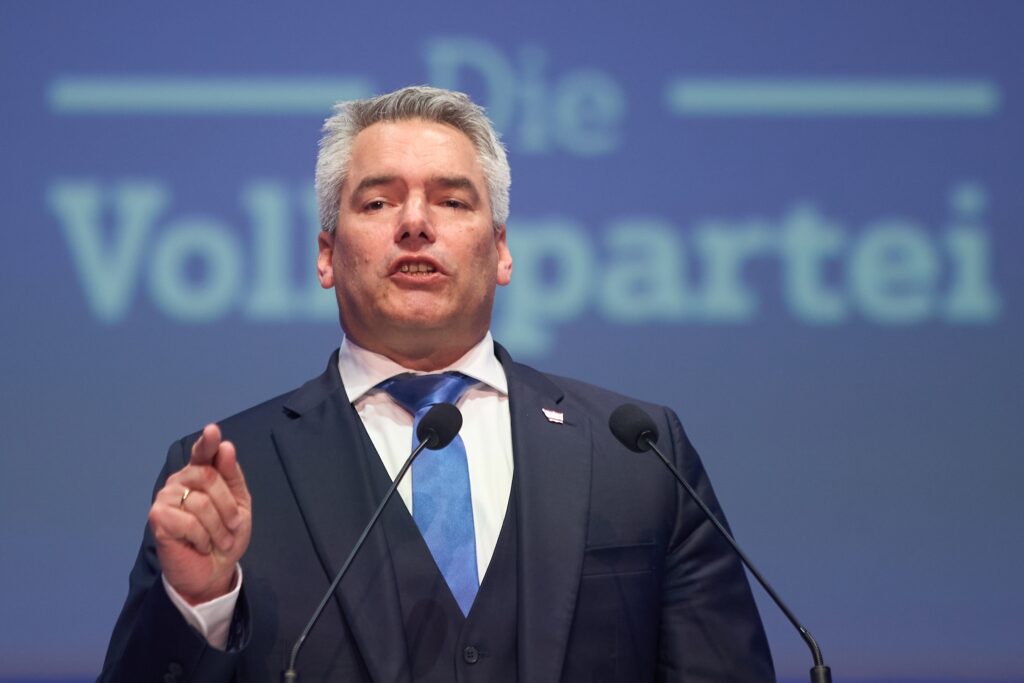Austrian Chancellor Karl Nehammer has resigned after unsuccessful attempts to form a new government with the Social Democrats (SPÖ). The collapse of coalition talks has left Austria in political uncertainty with no clear solution in sight.
Coalition Talks Collapse
Nehammer’s conservative Austrian People’s Party (ÖVP) had been negotiating with the SPÖ to form a stable government. However, the talks broke down after the liberal Neos party unexpectedly withdrew from discussions on Friday. Despite continued efforts between the ÖVP and SPÖ, Nehammer confirmed that a resolution was unattainable. He stated, “An agreement on key points is not possible. Without a clear foundation, it’s impossible to ensure a positive future for Austria.”
Neos party leader Beate Meinl-Reisinger expressed frustration over the failure to resolve “fundamental reforms.” She also informed other party leaders that Neos would no longer participate in the coalition talks.
New Elections and Growing FPÖ Influence
The collapse of the coalition talks now paves the way for fresh elections in Austria. The situation is further complicated by the increasing influence of the right-wing Freedom Party (FPÖ), which secured 29.2% of the vote in the September elections. Recent polls show the FPÖ’s support has surged to 35%, signaling a significant shift in Austria’s political landscape.
Despite the FPÖ’s rising support, other political parties have refused to cooperate with them. This leaves the outcome of the upcoming elections uncertain, with the FPÖ poised to strengthen its position and potentially reshape Austria’s political environment.
Implications for Austria’s Future
Nehammer’s resignation marks a pivotal moment in Austria’s political history. The deepening political divisions, combined with the FPÖ’s growing influence, suggest that the upcoming elections will dramatically reshape Austria’s leadership and its future direction. The situation raises critical questions about the country’s next steps and the stability of its government in the months ahead.
